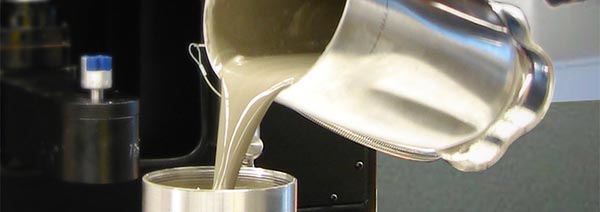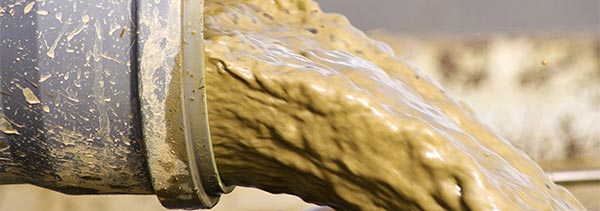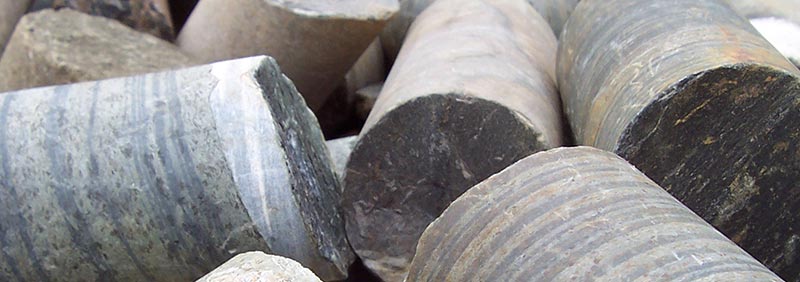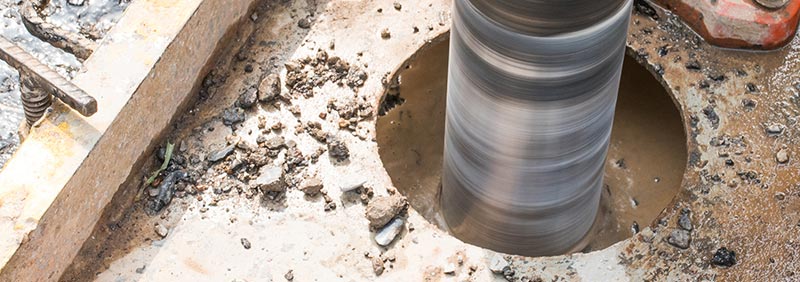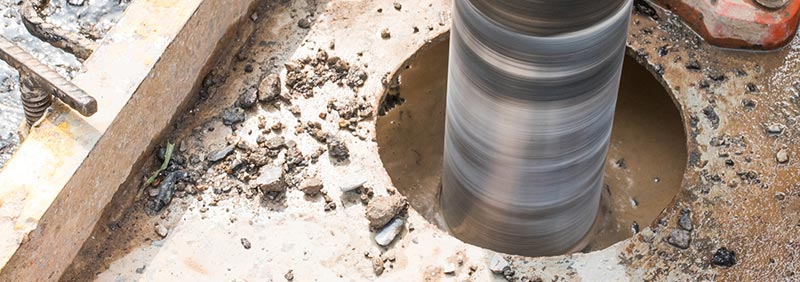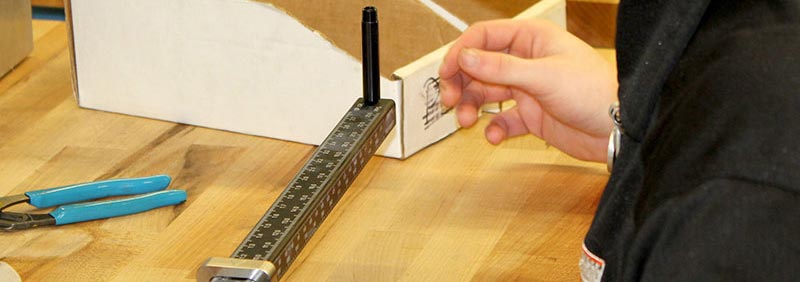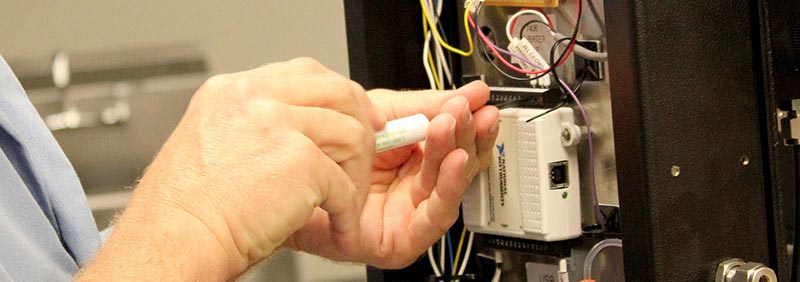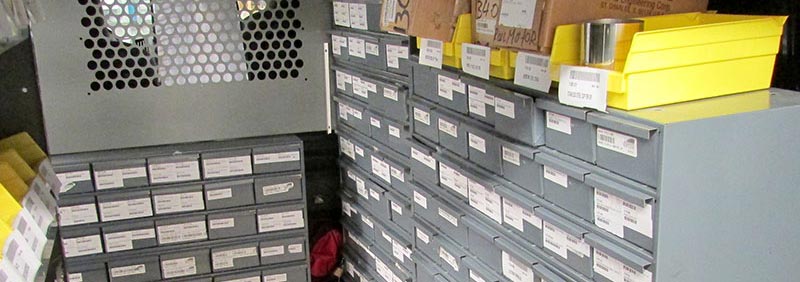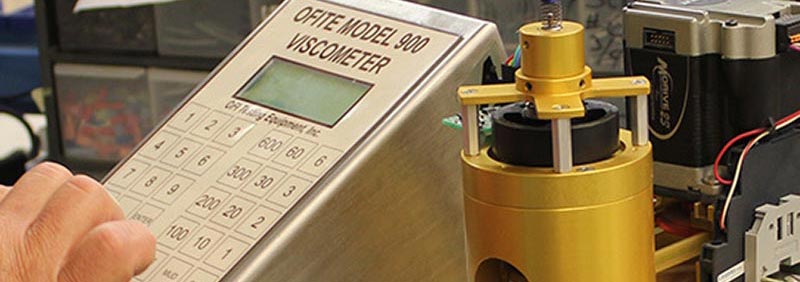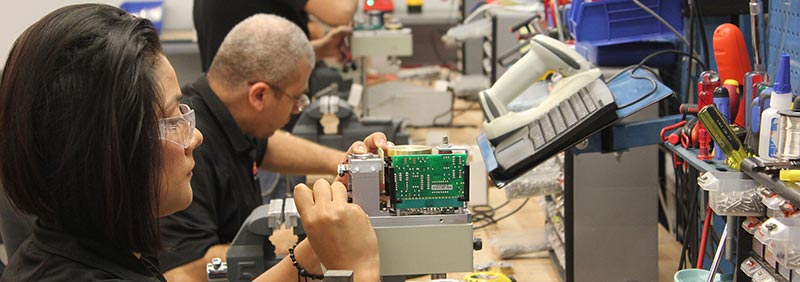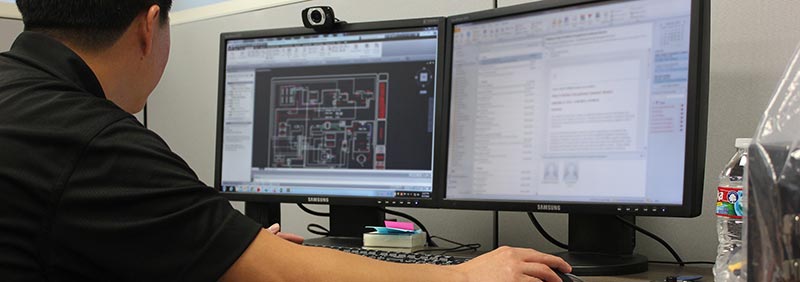At OFITE®, we are committed to our environmental impact throughout the life cycles of our products, from concept and design, to sourcing and manufacturing, and finally to a product’s end of service.
OFITE® products are designed for many years of field and laboratory use, but all products reach an end of useful service life. These are general guidelines for responsible recycling and disposal of our products.
Many municipalities provide recycling centers which can salvage and repurpose waste materials. Check your local centers for rules and acceptable items.
Metal Products
Most OFITE® products contain metal components. These metals can be taken to a metal scrap dealer and sold. Most of the metals used are within these categories:
- Stainless steel: commonly used for machinery parts, steel cabinets, and cases
- Aluminum: commonly used for heat jackets, heat cups, and frame structures
- Brass: commonly used for heat blocks and some gear components
On pressure vessels, the material grades and mill lot numbers (“heat numbers”) are marked on the parts. This material identification is verifiable and can increase scrap value.
Electronic Components
Our electronics are designed and sourced to be eco-friendly by using components with minimal hazardous materials and avoiding content of conflict minerals. Whenever possible, we use RoHS and CE compliant products.
As with all electronics, these should not be discarded with regular waste. In some jurisdictions, discarding electronic components with your trash is illegal. Consult your local municipality for proper disposal.
Insulation Materials
If you choose to disassemble any high temperature products such as retorts or heat jackets, use caution when handling insulation materials to minimize airborne particles. These are typically silica-based materials in either wool or solid block form. Wear a dust mask and safety goggles to avoid respiration and eye contact of silica. Place the insulation material in a dust-proof bag. Because these materials can absorb fluid contaminants over time, consult your local municipality concerning your test fluids.
Reagents and other Chemicals
Reagents and other chemicals are supplied with Safety Data Sheets (SDS or MSDS), which can provide environmental information and guidelines for proper disposal. Also check your local codes, including water districts and waste services. Never pour liquids into a drain or sewer without knowledge of your local regulations.
Contact Us
You can contact our customer service team for more information or safety data sheets:
- Email: techservice@ofite.com
- By phone: 832.320.7300

